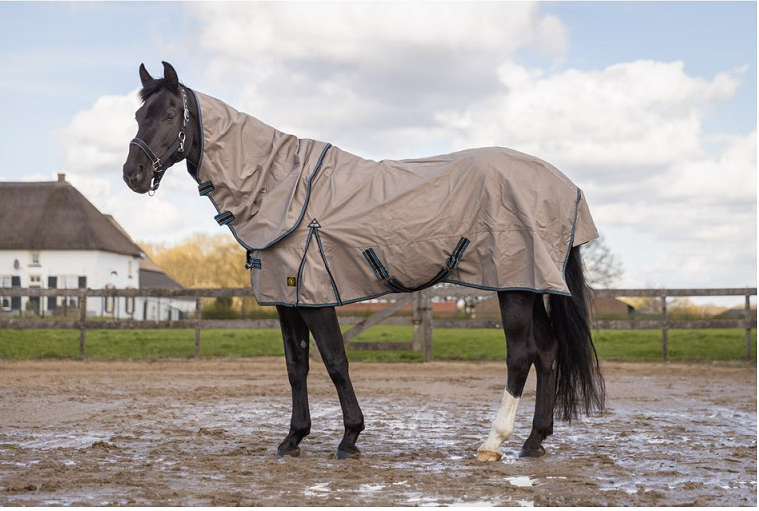Get prepared for the big itch
GET READY FOR SWEET ITCH SEASON
While most of us are savouring the sunshine, some of us grumble over glorious weather with a curse upon our lips: Sweet Itch.
You may have owned or seen poor horses and ponies suffering from this ailment before, but how much do you know about it? Here we’re going to be taking a look at what exactly it is, why is it called Sweet Itch and what can you do to ensure your four legged friend makes it through summer comfortably.
What is Sweet Itch?
Unlike the name suggests, Sweet Itch is not at all sweet!
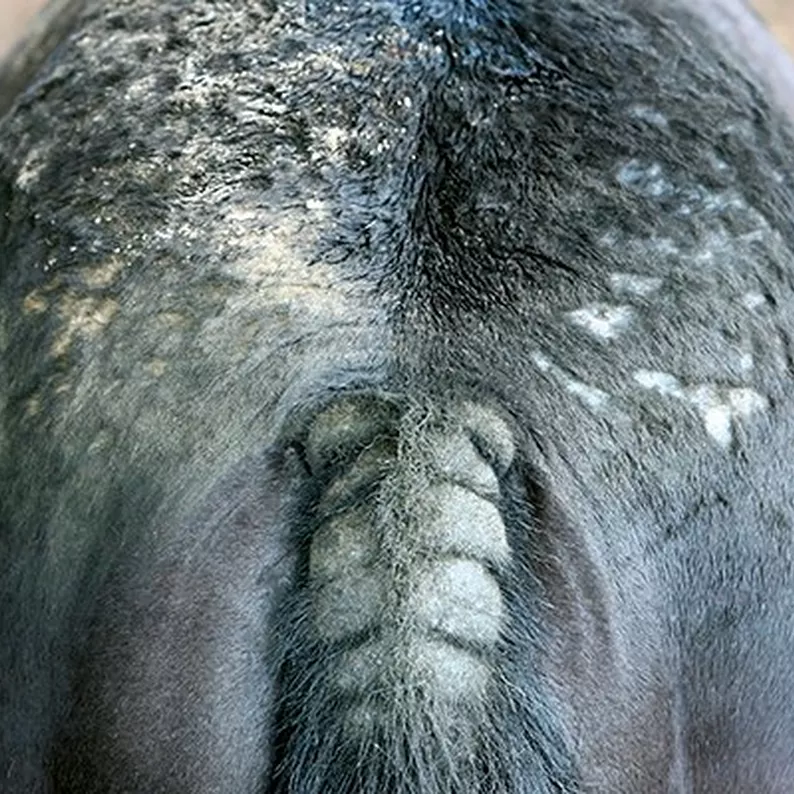
Sweet Itch is the name more commonly given to Pruritus or Summer Seasonal Recurrent Dermatitis (SSRD). This is an incurable disease that occurs as a result of hypersensitivity to the saliva of midges and other insects such as black flies, horse flies and lice, this causes irritation of the skin. Much like an allergic reaction, horses suffering from Sweet Itch will scratch, bite and rub at irritated areas in search of relief. This can cause severe damage to the skin, hair loss and sores, allowing infections to creep in. This can cause symptoms to persist weeks after the initial contact with the insects.
How common is Sweet Itch?
Sweet Itch is thought to affect at least 5% of the horse population. A condition that doesn't discriminate, it can be found in any breed of ponies, horses or donkeys. It's worth noting though, it is more common in cob types and ponies. Some horses and ponies are more prone to Sweet Itch due to what is known as the 'Pruritus Threshold'. This is the point at which they will start to itch themselves and become uncomfortable. Similar to our pain threshold, it differs between horses.
Young horses genetically predisposed to the condition have a tendency to develop Sweet Itch between the ages of 1 and 5 years. The disease can also be put down to external factors such as environmental changes.
Symptoms & Signs
Symptoms usually start to occur in the spring time (March onwards) or on warm, muggy and still days where the flies are most abundant.
- The most common affected areas are the mane, withers, hips and tail but it can sometimes be found on the stomach, legs and forehead.
- Loss of hair and broken skin in the affected areas.
- Excessive rubbing and scratching.
- Vigorous swishing of the tail.
- Agitated behaviour, head shaking or lack of enthusiasm.
Treatment & Care
The old saying has never been more apt! Prevention is better than cure - In the lead up to summer and throughout the warmer months there's lots you can do to stay on top of the condition. As always, consult your vet if symptoms appear however here's some ideas to help you on your way!
Field & Pasture Management
As flies are the main culprit it is best to work around them. Midge flies are crepuscular, this means they are most active around dawn and dusk. Their favourite environments are warm, humid, damp and shaded with lots of trees.
Avoiding these conditions will give your horse the best chance at a comfortable life, so:
- Turn out at night, avoiding dusk and dawn.
- Avoid shaded areas, most flies struggle in the wind (15mph+).
- Avoid natural water sources and standing water.
- Choose man-made field shelters over trees and hedges.
- Poo pick regularly.
Stabling
Keeping your horse in during the day can decrease the number of flies they’re exposed to, providing their stable is:
- Hygienic.
- Cool.
- Well ventilated.
- Away from muck heaps and standing water.
A fly net over the door and a ceiling fan can also both be added to discourage flies, while keeping your horse cool and comfortable.
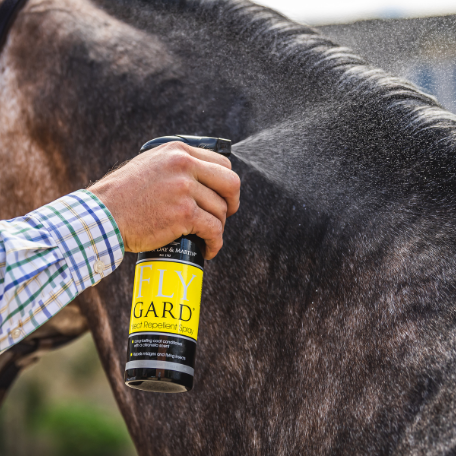
Insect Repellents
Fly repellents are a great way to make our horses far less appealing! The most commonly found item in almost every tack room during the summer months, they’re a must-have.
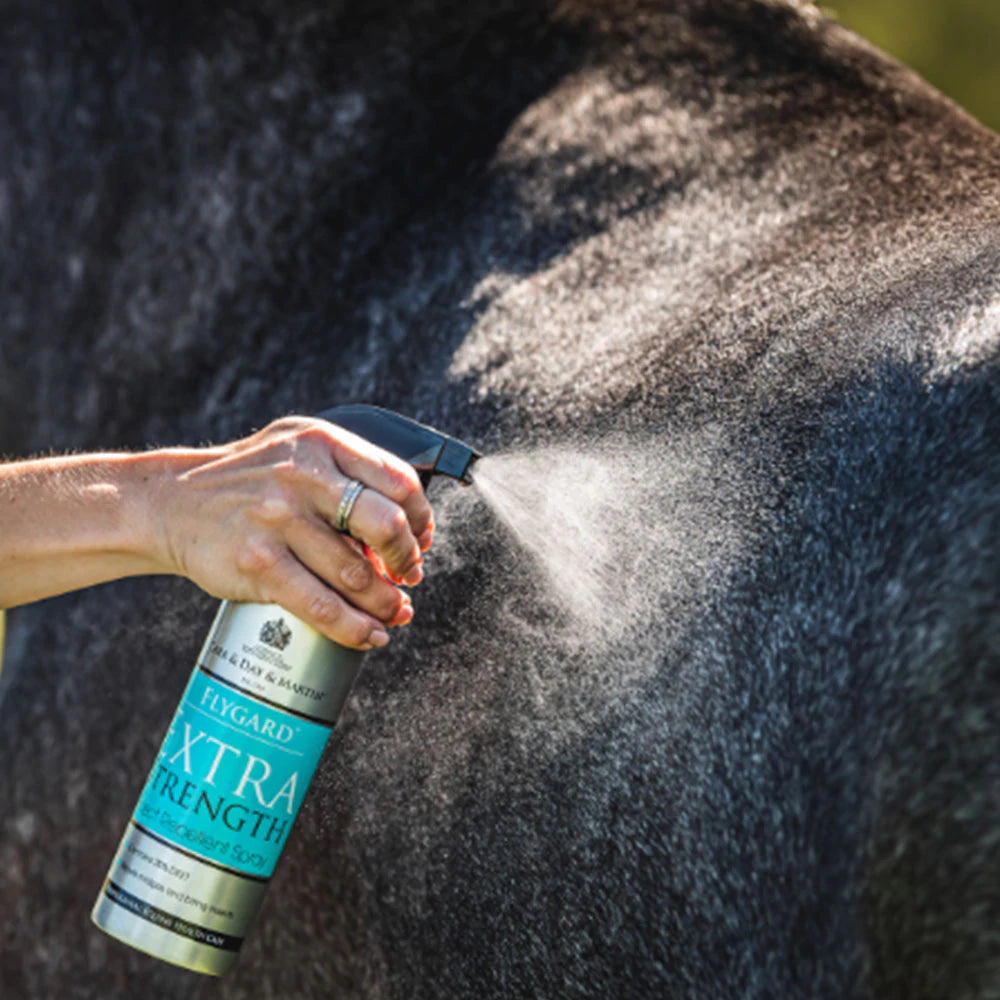
Supplements
Protection starts from inside! Some supplements can be added to the feed to improve coat and skin health, sooth irritation, deter itching and repel insects.
Garlic is one of the most popular natural supplements people feed to horses. Flies particularly disfavour garlic, which thankfully most horses find especially palatable. When eaten, your horses body will secrete oils through the skin making them less attractive to potential flying visitors. Not only does it deter insects, it's also excellent for a healthy digestive system and airways.
NB; Garlic should not be fed to horses with sweet itch , it should only be fed in preparation of protection against the probability of sweet itch during the most common months March onwards .
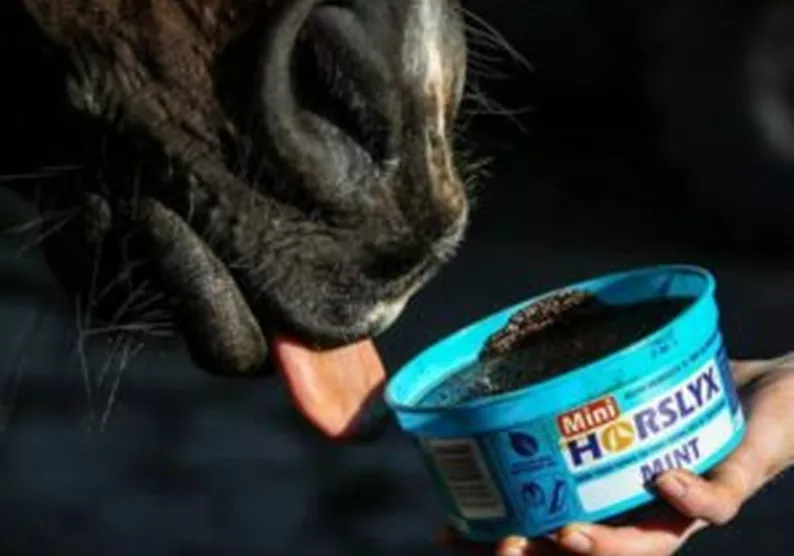
Although not as effective, licks and treats have been developed with included garlic. They're not as potent, however stable bound horses can become bored and start to scratch, so these are a great distraction. Horslyx garlic can be offered as a treat to help give your horse a little boost in fly protection.

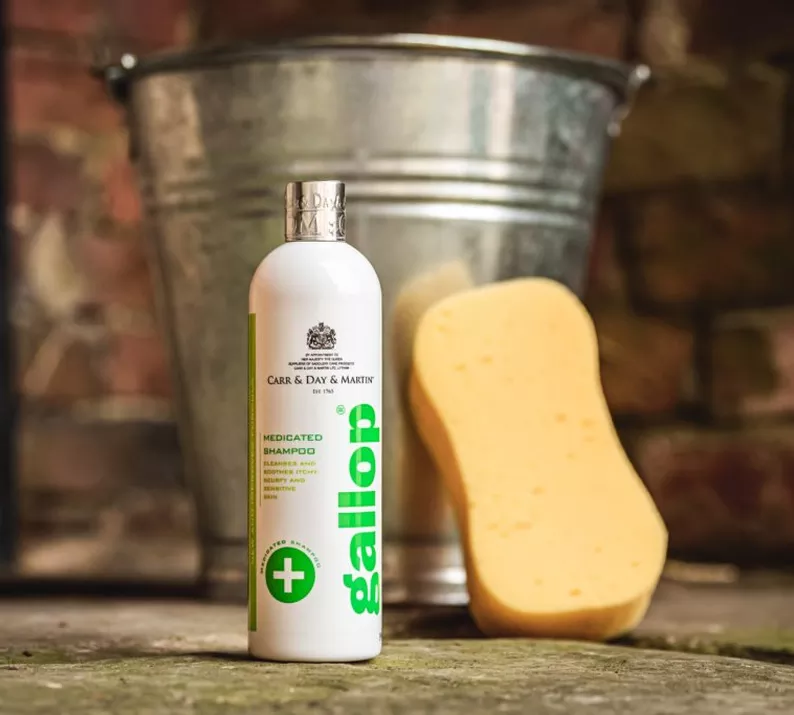
Shampoos
Medicated shampoos are a real summer saviour for horses with Sweet Itch. While they are unlikely to deter flies, they can help to discourage rubbing, prevent infection and soothe irritation. Use of these products can be started as soon as it's warm enough to bath, this can help to prevent flare ups.


Creams and Gels
Unexpected warm weather can mean our horses Sweet Ich flares up in the blink of an eye! The key to treating any existing issues is to first address cuts, lesions and irritated skin. Antibacterial wound creams and cooling products are a great way to avoid infection, calm the skin and aid repair.
Clothing
Whilst fly sprays are a good option, it can be more effective and efficient to apply physical barriers. From rugs and boots to masks and nets, there's lots of options available, specially designed to keep your horse covered, cool and protected.

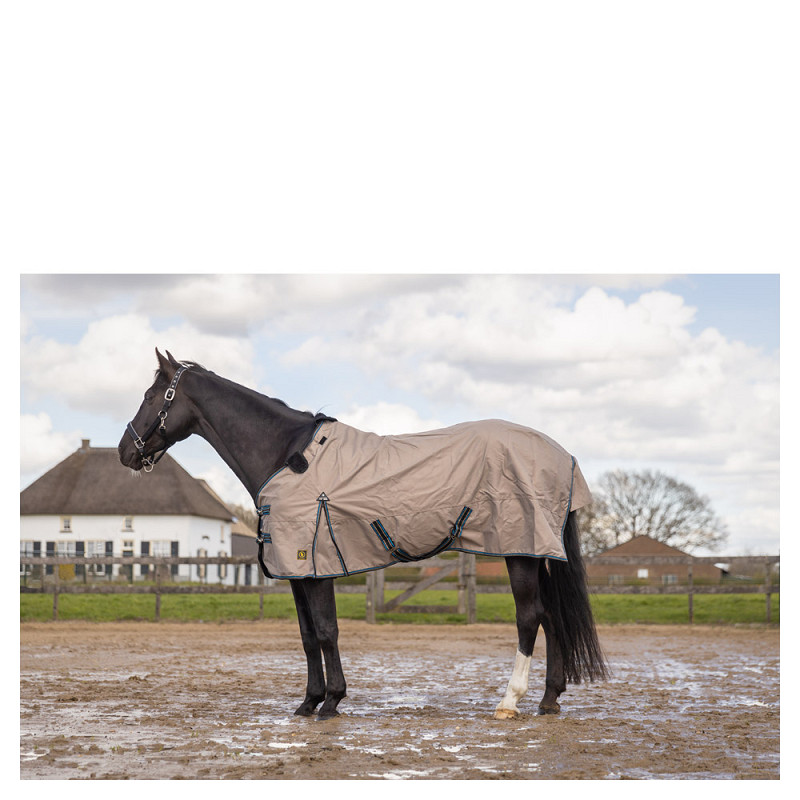
Fly Rugs
If your horse suffers from Sweet Itch, top to tail protection is in order! We’d recommend looking for a fine mesh rug with features such as a combo neck, long tail flap, ear covers and a belly wrap. It can also be beneficial to look for options with an-anti rub lining, or invest in a silky under rug to reduce friction and avoid further skin irritations.

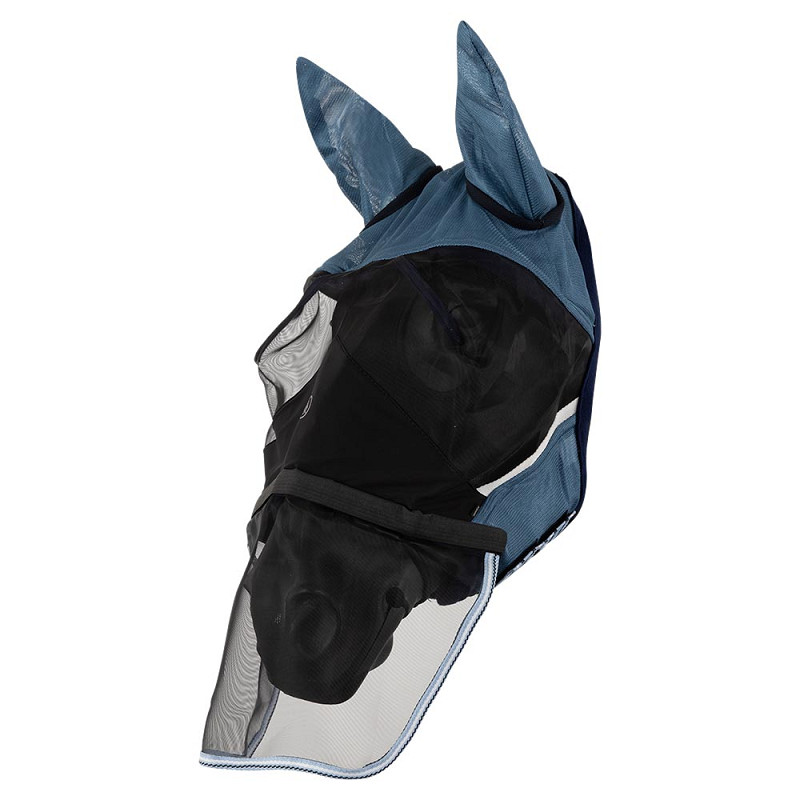 Fly Masks/ Nose Masks
Fly Masks/ Nose Masks
To offer further protection during summer turnout, keep your horses face fly free by using a mask. Designed to defend the eyes and sometimes the ears and nose, there’s lots of different options available.
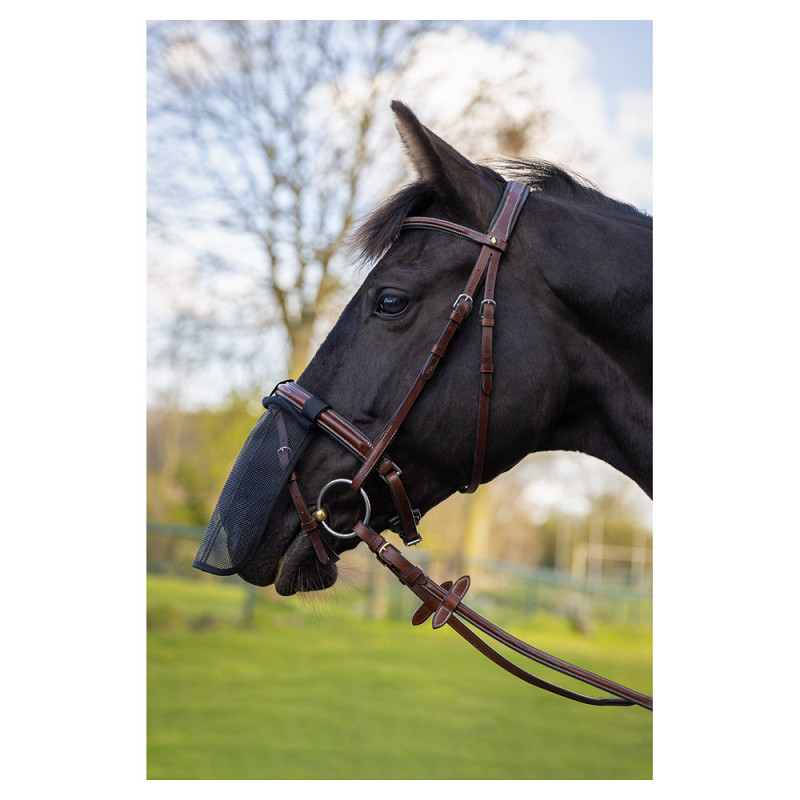
How to feed your Sweet Itch Horse. Research has documented that sweet itch in horses can be supported by feeding high levels of omega-3 fatty acids which can reduce the reaction to the midges. Flax (micronised linseed) 450 grams per day is the goal.



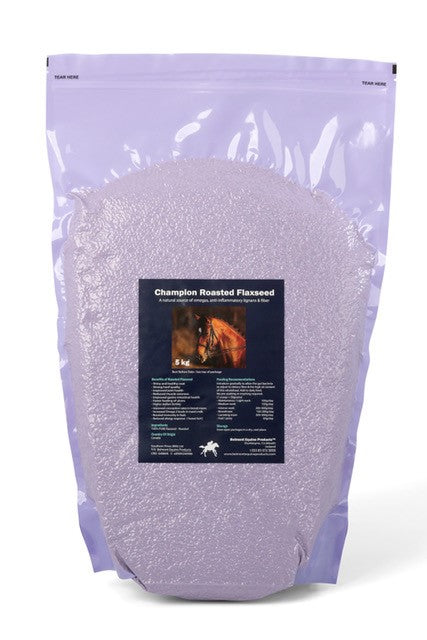
Champion roasted Equine Flaxseed 5kg
Champiom roasted flaxseed Non Gmo
100% natural wholefood & high density source of fibre & essential acids (omega 3 & 6)
Get your horse sweet itch ready!

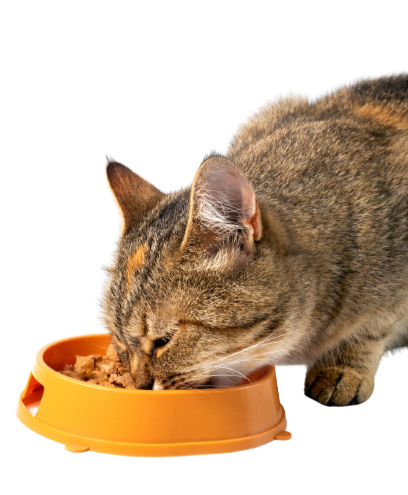
Treat your pet to the best
Join countless animal owners in providing the best to their animals.
